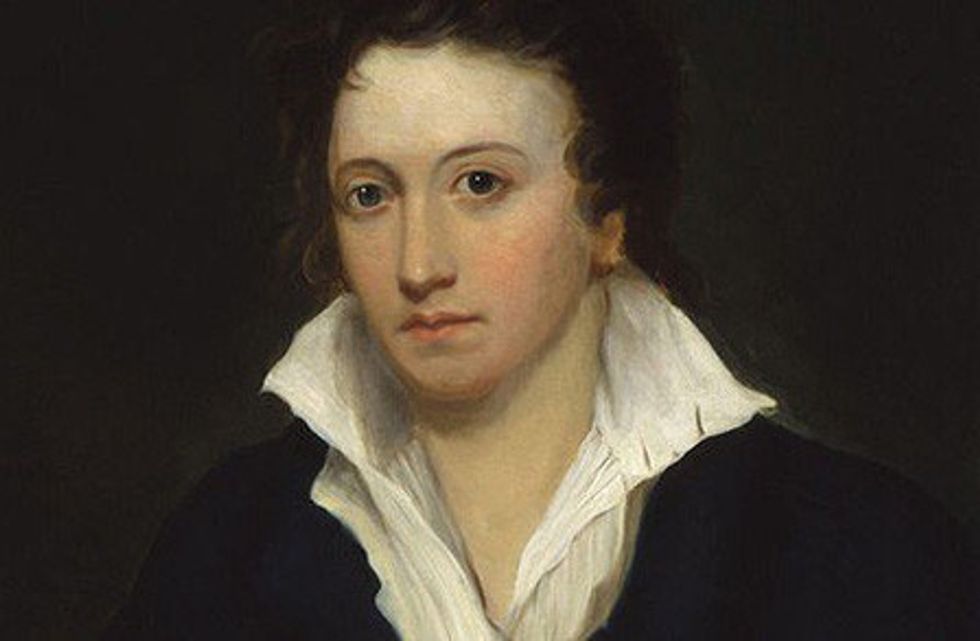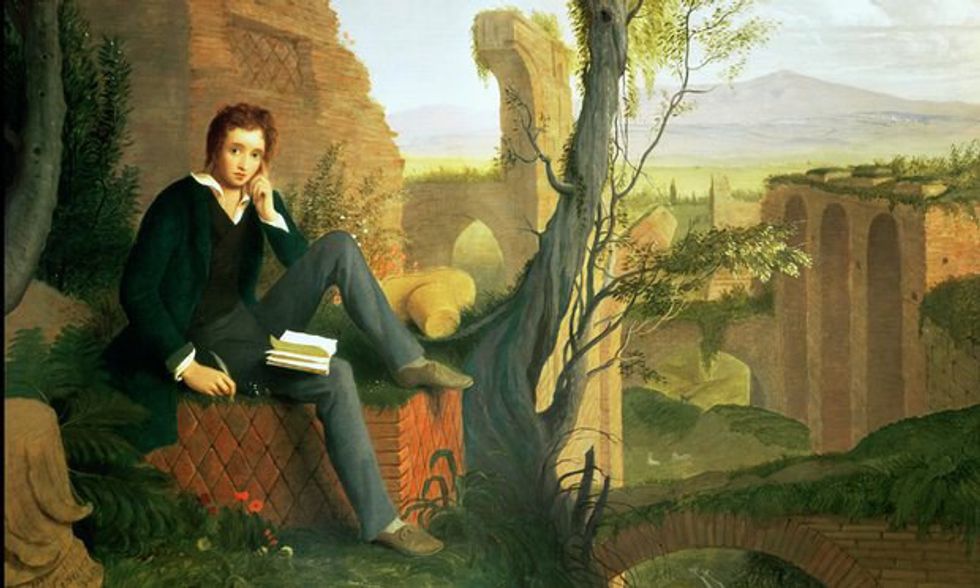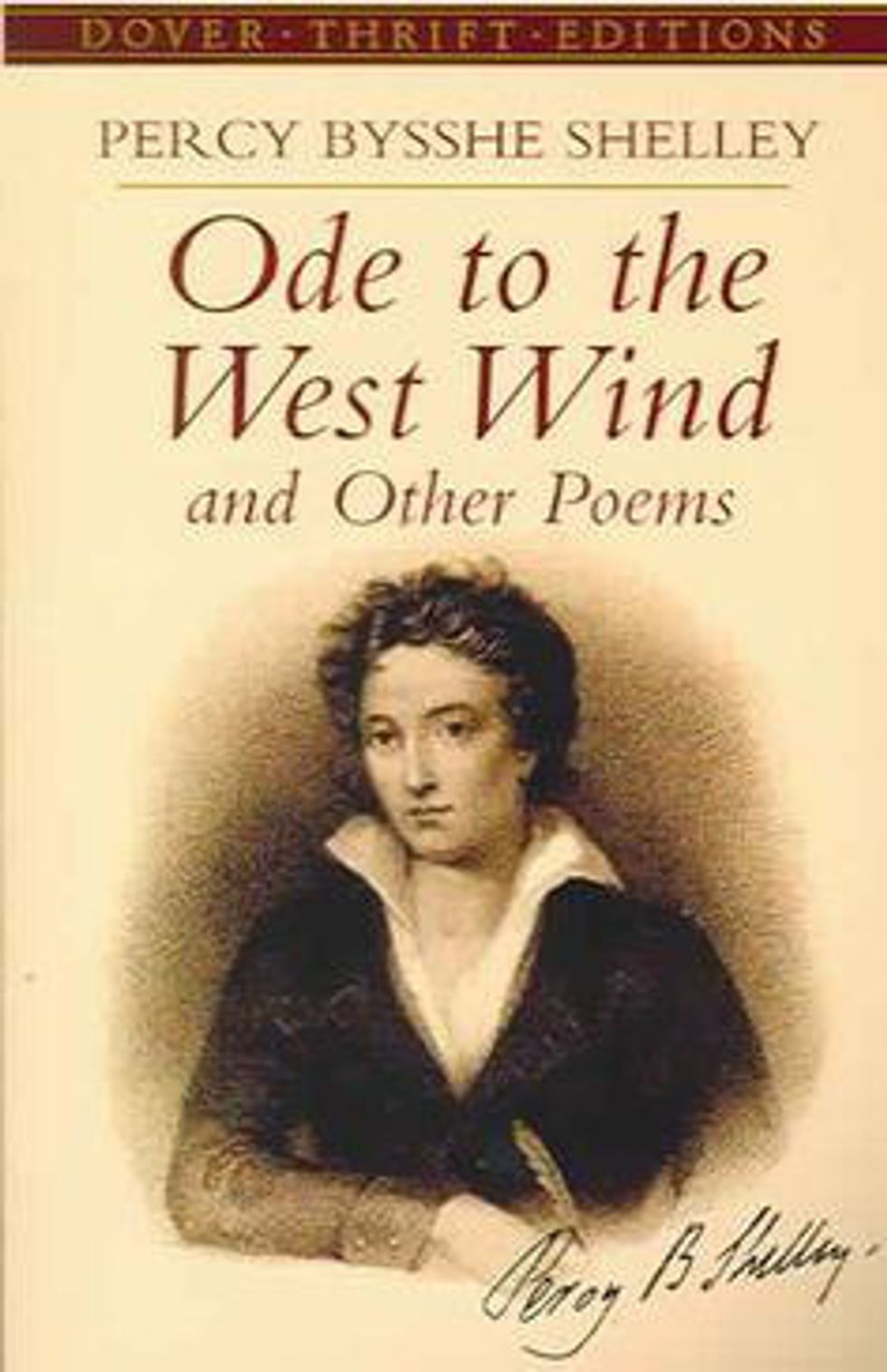Imagine if you will, some conversations you might have had with friends or family recently. What were they about? If by chance they complained to you about the horrible ways of the world, or their inability to find the, “perfect kind of love”, perhaps you agreed. Perhaps you considered your own struggles with similar issues. It is everywhere we turn these days; the prominent concerns of those around us seem to be the world’s atrocities, and the lack or loss of love. When we open our Facebook pages or scroll through our Instagram feeds, there are many people professing their disillusionment of life and love. There is an excess of pages dedicated to the fruitlessness of pursuing a modern-day romance, or the bemoaning of the current state of modernity. Much of this lamentation is followed up with the yearning for days of the past and claims stating that, “Times were better when…,” or, “Back then, it was better because…” However, such statements and claims tend to be products of our falsely-painted memories, or our unfamiliarity with the past. What’s more, our modern ability to be connected with the goings-on of most of the world skews our perceptions of truth. We often think that these are the days when love is lost, and that the world will surely crumble in a matter of years under the weight of our tedious belligerence. We often forget that, throughout the history of humankind, there were periods of loss, destruction, and hardship. But really, who can blame us for our disheartening views or our confusion, when we are bombarded with tragedies at the same rate that we are bludgeoned with every expert’s, “understanding,” of what love is (and of course, everyone who has access to a social media account can be called an, “expert,” it seems)?
It is the will of artists to take these concerns and emotions into account, and express them through their preferred medium. This has been the case for centuries, and many of the artists, writers, photographers, etc., that contemporaries often deem to be, “pretentious,” or, “irrelevant,” actually held similar feelings towards the time periods in which they lived. They share emotional and mental connections with us, and if we take the chance to re-examine their works, we will find similarities abound; they just expressed it in a different style or manner. In this new series of articles I’m titling, Thought Connections, it is my wish to take you, my readers, on a journey across time to reintroduce you to the artists with whom you might have thought you had nothing in common. For this first installment, I would like to share with you some poetry by Romantic period poet/writer, Percy Bysshe Shelley. You might discover you have more in common emotionally with this 19th century poet than you realize…
Percy Bysshe Shelley, 1792-1822
Before delving into some selected works, a bit about Percy Bysshe Shelley: he was a poet and writer who lived and worked during the early 1800s, at the height of the Romanticism. (The Romantic period [late 18th-mid-19th centuries] is a period in which art and literature was primarily based on human emotions, fears, and desires. There was also a rebirth in the interests of the occult and the mythological, as well as a call to combine the scientific mind with the emotional heart. Many of the artists and writers working at this time focused heavily on these subjects, as well as others such as freedom and nature. You can read more about Romanticism here.
Shelley is perhaps most known for his romantic entanglement with author, Mary Wollstonecraft Godwin Shelley, as well as his bold claims of atheism and his harrowing death-by-drowning at merely 29-years-old. While much of his work is overshadowed by other well-known poets of the time, such as Lord Byron and William Blake, his work is characteristically Romantic. From poetryfoundation.org: “The life and works of Percy Bysshe Shelley exemplify Romanticism in both its extremes of joyous ecstasy and brooding despair. The major themes are there in Shelley’s dramatic if short life and in his works, enigmatic, inspiring, and lasting: the restlessness and brooding, the rebellion against authority, the interchange with nature, the power of the visionary imagination and of poetry, the pursuit of ideal love, and the untamed spirit ever in search of freedom…” (You can read more about Percy Bysshe Shelley here).
Although at first it would seem that his work shares nothing in common with the modern mind, look again. “The pursuit of ideal love,”? “The rebellion against authority,”? “The untamed spirit ever in search of freedom,”? From here, it would seem that Shelley had many thoughts and ideas about a world in which love was perfect. One could live a life against the elite, and find their own freedom... ideas that many of us uphold and pursue today in the 21st century. While Shelley was clearly a man of the time in which he lived, some of his works are arguably still relevant, and can evoke emotions and discuss messages that modern people find inspiring and truthful.
(This painting demonstrates Shelley's bonds with nature.)
The first poem, entitled, A Lament, is Shelley’s expression of his dissatisfaction with the state of things. In my view, it is a longing for days past, when the world was in a more natural state. One can find this relatable, as we often pine for times when things were perceived to be better than they are currently. I feel it could also be a longing to feel a part of the world, as it is often that we lose touch with happiness and satisfaction in the wonderment of life:
“O world! O life! O time!
On whose last steps I climb,
Trembling at that where I had stood before;
When will return the glory of your prime?
No more--Oh, never more!
Out of the day and night
A joy has taken flight;
Fresh spring, and summer, and winter hoar,
Move my faint heart with grief, but with delight
No more--Oh, never more!”
(Find it here).
After reading the poem, what do you think? Does it resonate with your feelings about the world, or stand in contrast with them?
(Cover of a more modern publication of Shelley's works).
The second poem entitled, Love’s Philosophy, is perhaps an expression of Shelley’s personal views on love, and the pursuit of romance. Similarly to other writers and artists of Romanticism, Shelley equates nature with love. He broods upon the natural couplings of the Earth—the rivers and oceans, the winds and skies, the Earth and the Sun—and how such things hold little worth until we love and are loved in return. In the modern mind, we often feel that other people taunt us by engaging in relationships for which we yearn, instead of finding our own paths to the love we seek. Our emotions are natural, so it seems plausible to equate them with such majesties, like Shelley has done here:
“The fountains mingle with the river
And the rivers with the ocean,
The winds of heaven mix for ever
With a sweet emotion;
Nothing in the world is single;
All things by a law divine
In one spirit meet and mingle.
Why not I with thine? —
See the mountains kiss high heaven
And the waves clasp one another;
No sister-flower would be forgiven
If it disdained its brother;
And the sunlight clasps the earth
And the moonbeams kiss the sea:
What is all this sweet work worth
If thou kiss not me?”
(Find it here).
Does Shelley’s thoughts on love and nature relate to your internal lamentations? Does he express in his words the things you feel when you see others involved in a relationship, or when you see the beauty of nature’s couplings? Are your views on modern love a bit different?
A final poem, entitled, Time Long Past, is perhaps Shelley’s acknowledgment of the passage of time. Often it is that the reality of time passing leaves us unnerved, as for many of us, we long to stay enrobed in a certain moment or state-of-being for eternity. We mourn time passing, even though we often anticipate an uncertain future. Today, we often wish for perceived times of world-wide happiness to return, even though in truth, no such time existed. Leaving days, months, and years behind, only to collect them in our memories, is something to be mourned. Regrets for what we did and did not do often haunt us as well, and I feel this poem expresses this intelligibly:
“Like the ghost of a dear friend dead
Is Time long past.
A tone which is now forever fled,
A hope which is now forever past,
A love so sweet it could not last,
Was Time long past.
There were sweet dreams in the night
Of Time long past:
And, was it sadness or delight,
Each day a shadow onward cast
Which made us wish it yet might last�
That Time long past.
There is regret, almost remorse,
For Time long past.
'Tis like a child's belovèd corse
A father watches, till at last
Beauty is like remembrance, cast
From Time long past.”
(Find it here).
Does Shelley’s strong feelings of the passage of time connect to your own? Do you often feel the need to mourn the past? Does the past visit you often, or are you the type to live in-the-moment? Do you long for a happier time in world history? Do you live with regrets, or do you move on and grow from mistakes you’ve made?
We’ve experienced only a taste of Percy Bysshe Shelley’s works within the contents of this article. There are many other poems and works by Shelley that asked to be read, and if anything here has influenced you to explore his works for yourself, that’s fantastic! If you are still not a fan of older written works, that’s okay as well. Everyone has a preference for everything; however, I do hope that you have discovered that people are people, through and through, no matter the period in which they live. We all have a strong desire to let our voices be heard, our thoughts be known, and our feelings be expressed. When it comes to our upset with the current state of the world and our failures or successes in the realm of romance, such experiences are not ours alone. We are not the only ones who have felt anger, pain, and resentment in a world discolored by the ruthless. Artists of the past have more in common with us who live in the present than many of us care to admit or acknowledge. We are sometimes hesitant to explore their works, but doing so could offer us the chance to experience something new in the old. So perhaps the next time you scroll through Facebook or Instagram to see someone’s outcry about love or life and how such negative emotions are the blight of modernity, perhaps you can share with them of poem of Shelley’s. Maybe they’ll come to find that artists and writers of the past weren’t devoid of emotion after all, and that the past isn’t as far behind as it seems.
























